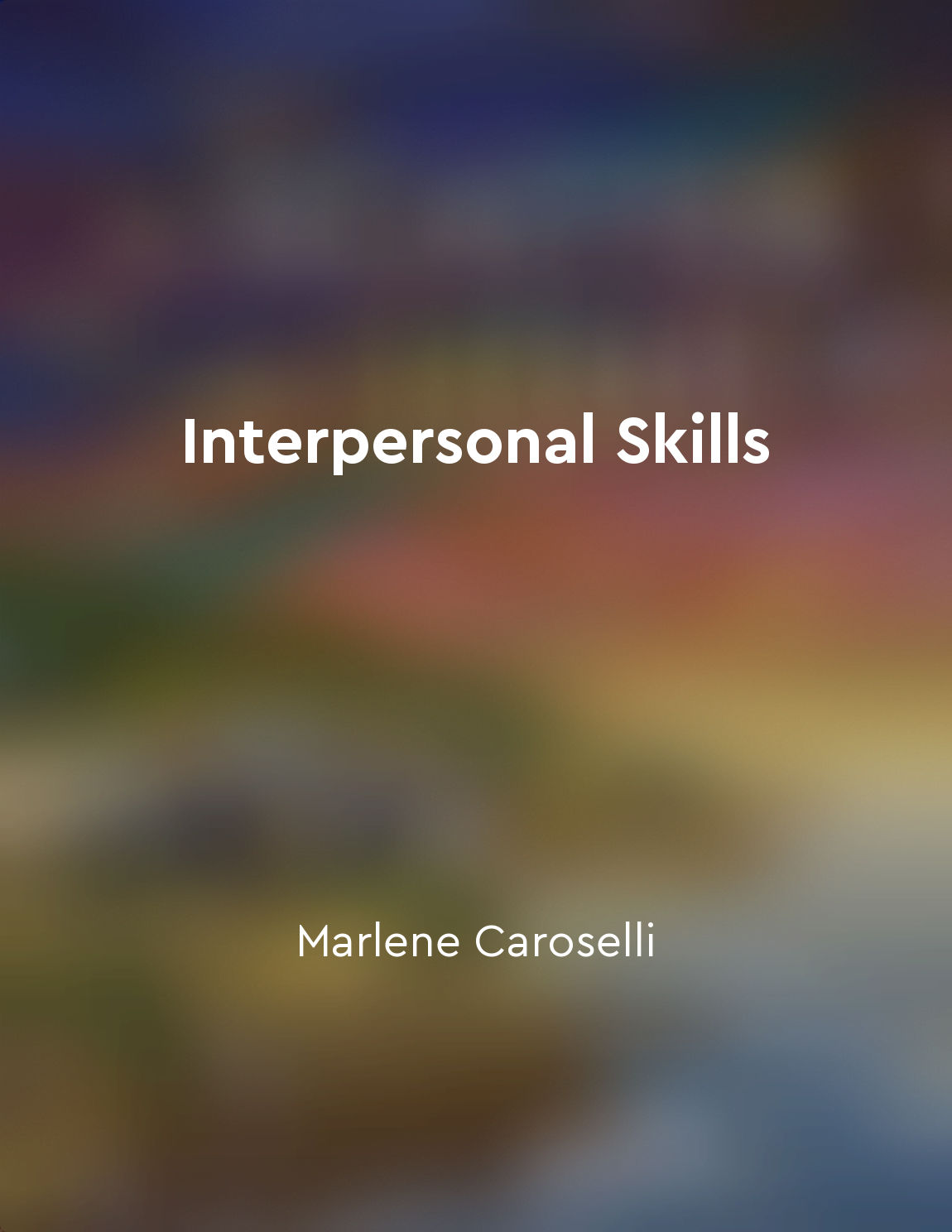Students learn to apply knowledge in practical situations from "summary" of The Power of Problem-based Learning by Barbara J. Duch,Susan E. Groh,Deborah E. Allen
The essence of problem-based learning lies in its ability to bridge the gap between theoretical knowledge and real-world application. This approach challenges students to think critically, analyze information, and come up with practical solutions to complex problems. By engaging with authentic scenarios, students are forced to apply their knowledge in ways that go beyond memorization or rote learning. Through this process, students learn to transfer their learning to new contexts and situations, developing a deeper understanding of the material. This hands-on approach not only enhances retention but also cultivates important skills such as problem-solving, collaboration, and communication. In essence, problem-based learning encourages students to become active participants in their own learning journey. By immersing students in real-world challenges, problem-based learning fosters a sense of relevance and motivation that can be lacking in traditional classroom settings. This approach empowers students to take ownership of their learning and see the direct impact of their knowledge on practical situations. As a result, students are better prepared to tackle the complexities of the modern world and adapt to ever-changing environments.- Problem-based learning encourages students to think creatively and innovatively, pushing them to explore multiple perspectives and consider diverse solutions. This holistic approach not only enriches their learning experience but also equips them with the skills needed to thrive in today's dynamic workforce. In essence, problem-based learning transforms students into critical thinkers and problem solvers, ready to tackle the challenges of the future head-on.
Similar Posts
Challenge faulty reasoning
When confronted with faulty reasoning, it is essential to challenge it in order to arrive at sound conclusions. Faulty reasonin...
The gap can be bridged with concerted effort
The idea that the gap can be bridged with concerted effort is a central theme in the book 'The Teaching Gap' by James W. Stigle...
The book highlights the interconnectedness of scientific concepts
The interconnectedness of scientific concepts is a fundamental aspect of understanding the world around us. By recognizing the ...
Emphasize the value of critical thinking
In recognizing the importance of critical thinking, we must first understand that it is not simply a skill or tool to be used i...

Promote effective communication skills
To help children develop effective communication skills, it is important to create a supportive environment where they feel com...
Comprehensive coverage of UPSC IAS/ IPS Prelims topics
The book provides a detailed examination of topics that have been covered in the UPSC IAS/ IPS Prelims over the past 26 years. ...

Selfawareness is key to personal growth and development
The ability to understand oneself is crucial for personal advancement. Without self-awareness, individuals may find themselves ...
Comprehensive coverage of current affairs and general knowledge
The book aims to provide a thorough understanding of current affairs and general knowledge, offering a wide range of topics tha...
The power of PBL lies in its transformative impact on students
Problem-based learning (PBL) is a teaching methodology that has the potential to truly transform students’ learning experiences...
Student engagement is crucial for academic success
Student engagement is crucial for academic success. When students are actively involved in their learning, they are more likely...

